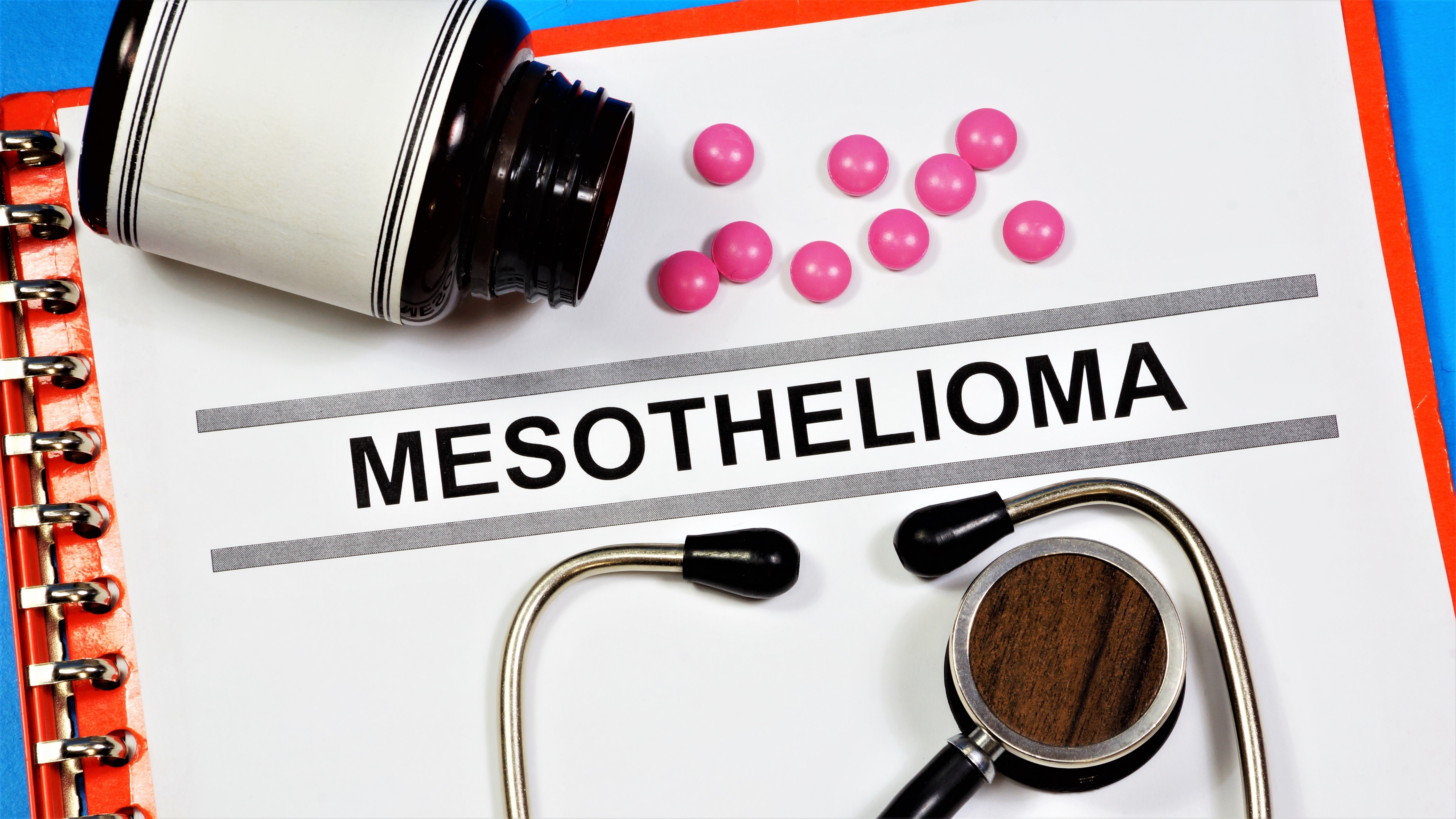
Mesothelioma is a very serious lung cancer, and many people who have been exposed to asbestos want to know its symptoms. A dry cough can be a warning sign of many different illnesses. For people who have certain mesothelioma risk factors, a dry cough could certainly be more of a reason to worry. To better understand the possible significance of a troubling cough, it is important to understand what mesothelioma is and how a dry cough could be an indicator of the condition.
Mesothelioma is a form of cancer that can be quite a bit more complicated to understand than others because it affects the layers of tissue that covers many of the body’s internal organs. This is a very aggressive and dangerous cancer. There are treatment options for mesothelioma that are available, however, in many cases, there is no direct cure that is available.
Mesothelioma can be divided into different categories based on which part of the mesothelium is affected. In most cases, asbestos affects the pleura, which is the tissue that surrounds the lungs, and causes pleural mesothelioma. Other rare types of mesothelioma exist as well, such as peritoneal mesothelioma and pericardial mesothelioma.
Certain lifestyles, genetics, and environmental factors can greatly increase the risk of developing mesothelioma. The most common factors that increase the risk of mesothelioma include:
Dry cough is commonly referred to as a non-productive cough. This means that the cough does not produce phlegm or mucus. This is a normal part of human physiology and can be symptomatic of many different conditions, ranging from the common cold, seasonal allergies, to much more serious conditions. A dry cough can be significant because if the coughing is not clearing the airways, there could be an internal issue. An occasional dry cough could be linked to asthma, allergies, or a cold. Persistent and frequent dry cough, however, could be a symptom of something more serious, such as mesothelioma.
Pleural mesothelioma is the result of asbestos fibers becoming embedded in the lining the lungs. Eventually, the asbestos causes the pleura to thicken, which puts pressure on the lungs. This pressure can cause chest pain, shortness of breath, and a dry cough. Patients with mesothelioma generally experience dry cough in stage 1 and stage 2. As the disease progresses, the cough can worsen and become more painful due to inflammation of the lungs and tumor growth.
In later stages of mesothelioma, tumors can put additional pressure on the lungs, causing nerve damage within the pleura. This can make dry coughing more frequent. Other effects of pleural mesothelioma, like pneumonia and pleural effusion, can also cause a dry cough. Not all mesothelioma patients, like those with peritoneal mesothelioma, will have a dry cough. Some, however, may develop a dry cough in later stages if the cancer spreads into the chest cavity.
When a patient’s cough lasts longer than eight weeks, it is considered to be a chronic condition. A chronic dry cough is a warning sign that most doctors would recommend getting checked out. Once it becomes chronic, it is unlikely that it is a common cold, and it could be something that needs emergency treatment. Furthermore, it is one of the first symptoms of pleural mesothelioma.
It is important to know that mesothelioma at this stage is sometimes misdiagnosed. That is why it is important for anyone who develops a chronic dry cough to get additional testing from a physician or specialist.
When talking about mesothelioma and dry cough, it is important to understand that not only is a cough a possible symptom, but the treatments can cause the cough as well. Radiation therapy, for example, is a common mesothelioma treatment, which can also cause a dry cough. Surgical procedures for mesothelioma can also increase the risk of a recurring cough in some patients. Typically, this is because of the development of pneumonia or other infections.
While dry cough can be a mesothelioma warning sign, it is important to keep in mind that there are many potential causes of a cough:
These are only a few possible causes of dry cough. Any dry cough accompanied by shortness of breath and fever should be checked out immediately as these could be indicators of COVID-19 or other contagious and deadly viruses. It is also important to remember that patients with mesothelioma or other cancers should be extra cautious because they are especially vulnerable to COVID-19.
There are medications and treatments available to relieve mesothelioma-related dry cough. Those treatments can dramatically improve a patient’s quality of life. Dry cough treatment can vary depending on the specifics and the cause of a patient’s cough. Treatment options might include over-the-counter and prescription medications, surgery, palliative therapy, environmental adjustments, and home remedies.
Like any form of cancer, early detection of mesothelioma is one of the most important ways to improve a patient’s prognosis. Recognizing dry cough as an early symptom of the disease can help a patient receive the right diagnosis and get the right treatment. For mesothelioma patients, early intervention could play a very crucial role in improving quality of life.
If you have a dry cough that turns out to be related to mesothelioma, you likely have a lot of questions and want to know what to do next. Pennsylvania mesothelioma lawyers at Brookman, Rosenberg, Brown & Sandler can provide legal assistance. Our knowledgeable legal team will help you get the best outcome in your case. Contact us online or call us at 215-569-4000 for a free consultation. Located in Philadelphia, we proudly serve clients throughout New Jersey and Pennsylvania, including Delaware County, Chester County, and Philadelphia County.